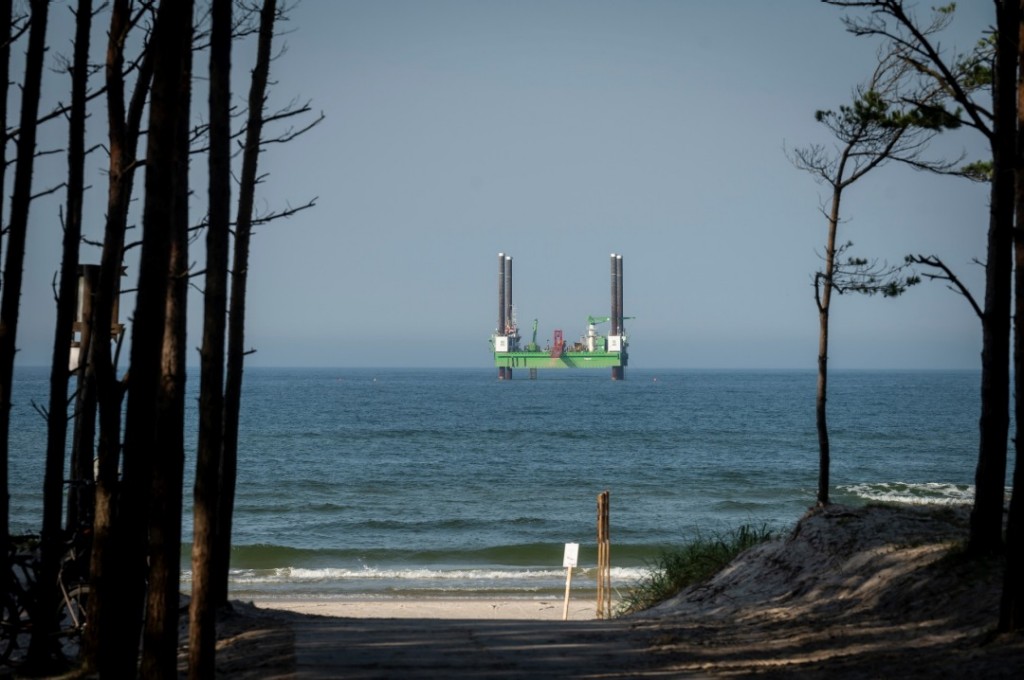The initial directional drill beneath the coastline, beach, and seabed in Lubiatowo, Poland, is complete, facilitating the connection of the 1.2 GW Baltic Power offshore wind farm to its onshore substation.
PKN Orlen, in collaboration with Canada’s Northland Power, announced that the first land connection for the Baltic Power offshore wind farm is finalized.
A 1.4-kilometre tunnel will contain power transmission cables, drilled using horizontal directional drilling (HDD) technology.
This tunnel is the first of four designed to accommodate 30-centimetre-diameter cables. The subsea and land cables will be provided by TELE-FONIKA Kable (TFK) and JDR Cable systems under a 2023 contract.
NKT will supply offshore export cables for the project, located 23 kilometres off the Polish coast in the Baltic Sea.
The drilling, partly offshore, involved divers and a jack-up rig to complete the underwater section, extracting over 8,000 cubic metres of spoil from the four drills.
“Progress on Baltic Power, the largest renewable energy project in our region, remains on schedule and is well underway. We have completed the first and are proceeding with further drilling for submarine cables connecting offshore substations to land. This is a pioneering project for Poland and stands out among European offshore wind initiatives,” stated Jarosław Broda, Baltic Power Management Board Member.
About eight kilometres away in Osieki Lęborskie, the onshore substation construction is in progress. This facility, along with the cable connection, will channel energy from the Baltic Power wind farm into the national grid, with the power line to the substation being underground.
Construction of the onshore substation is over 40% complete, targeting full completion by the fourth quarter of 2025, as noted by PKN Orlen. A GE and Enprom consortium is tasked with the design, construction, and delivery of substation components.
Baltic Power will be among the first European offshore projects to utilize Vestas’ new 15 MW wind turbine, previously only a prototype at the Østerild National test center in Denmark.
Operations are set to begin in late 2026, with Baltic Power expected to provide renewable energy to over 1.5 million Polish households.
Original Story at www.offshorewind.biz
